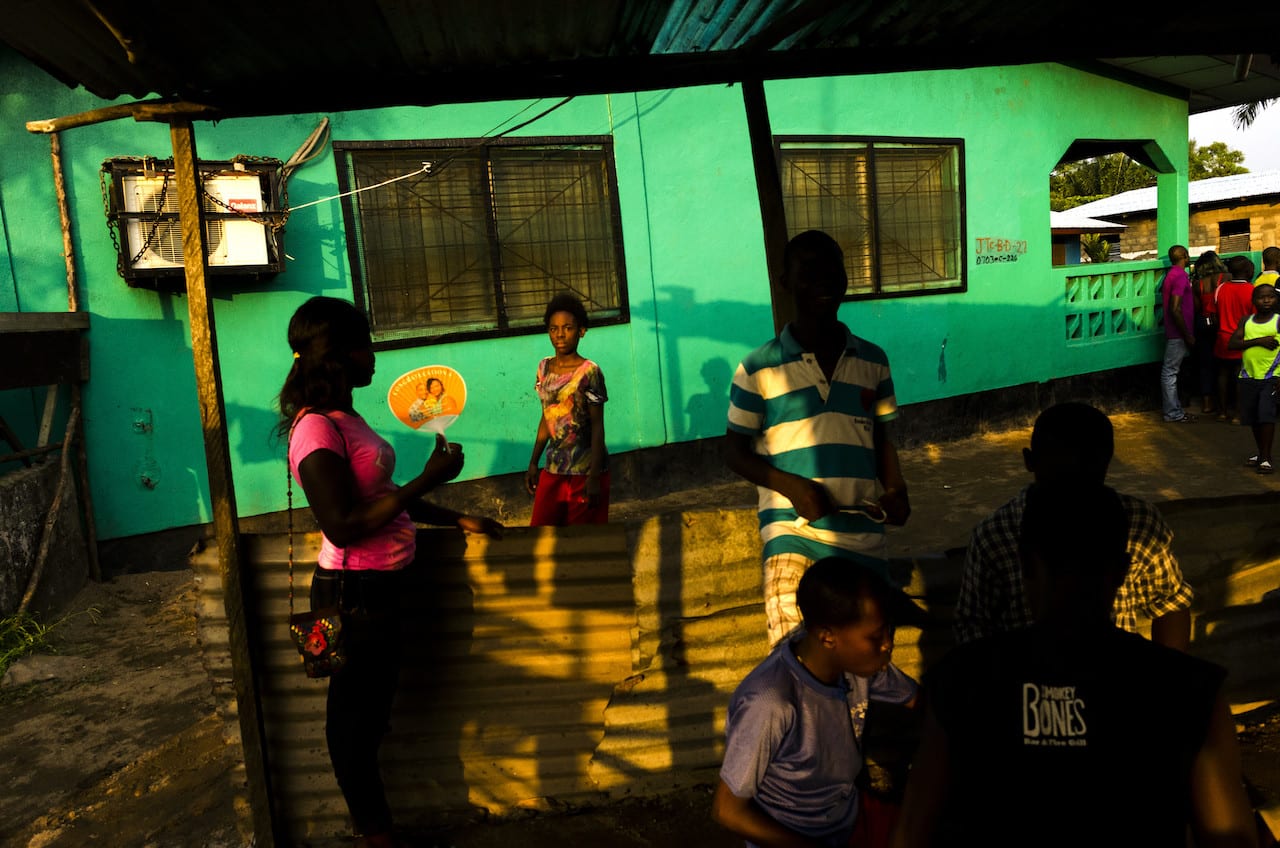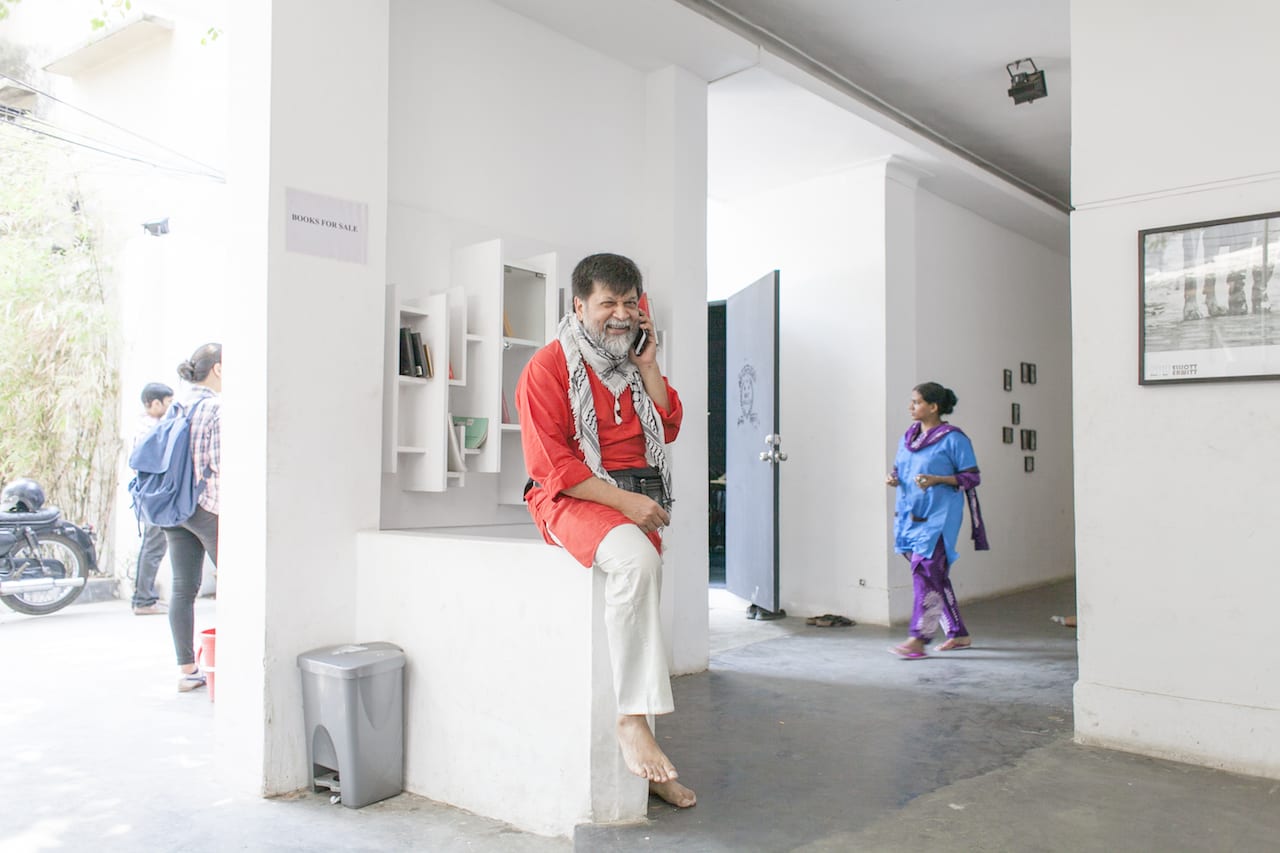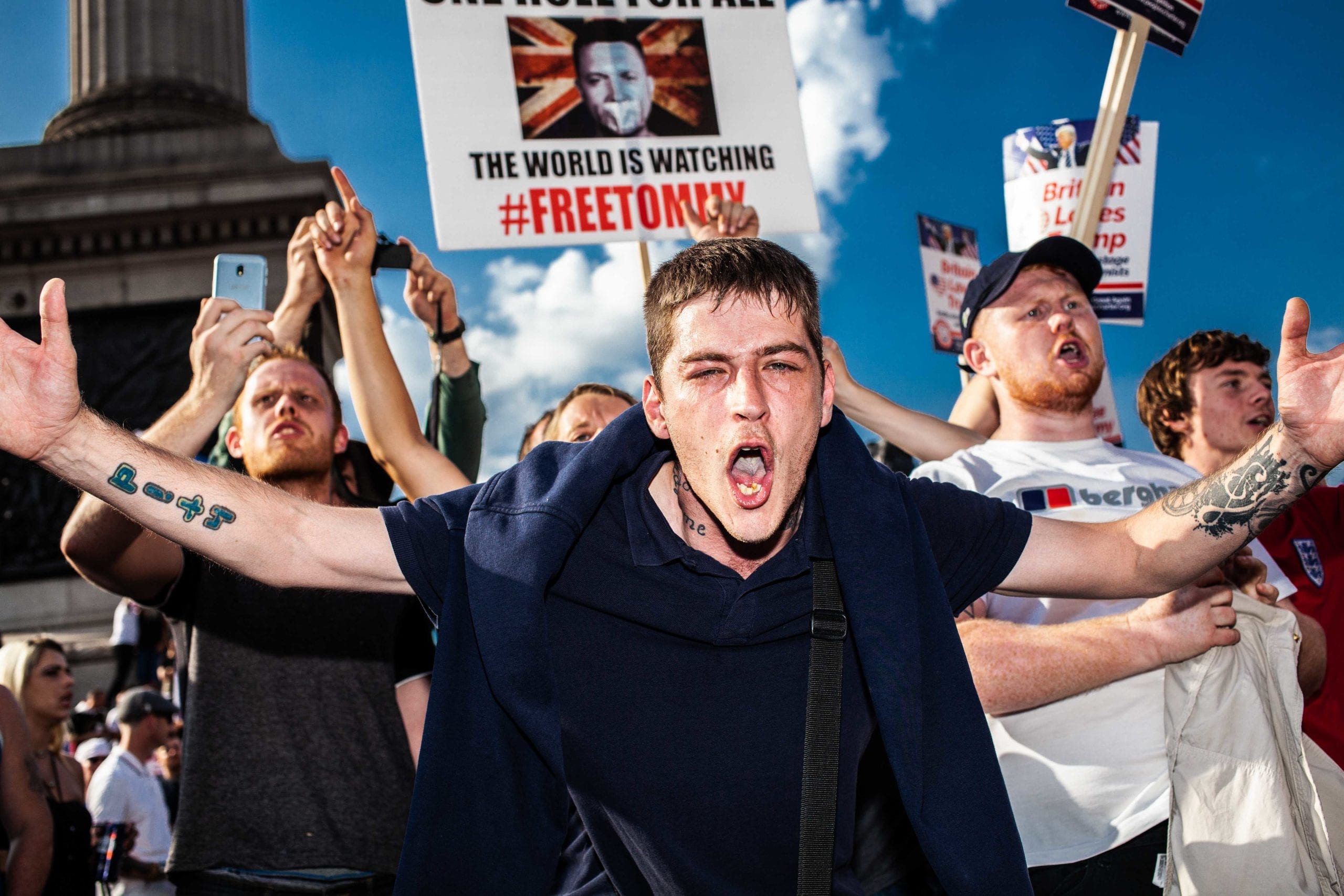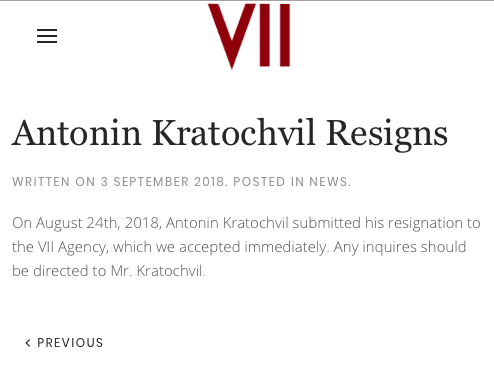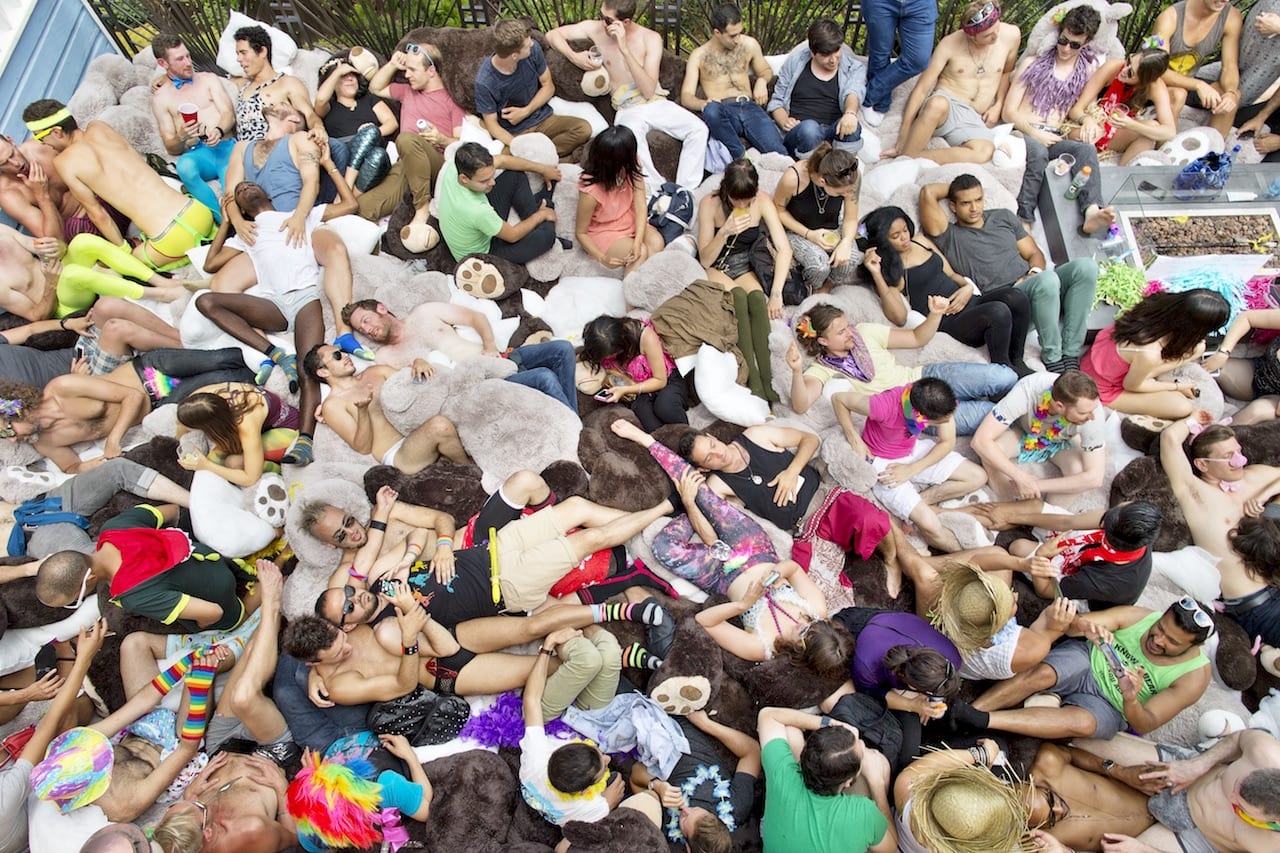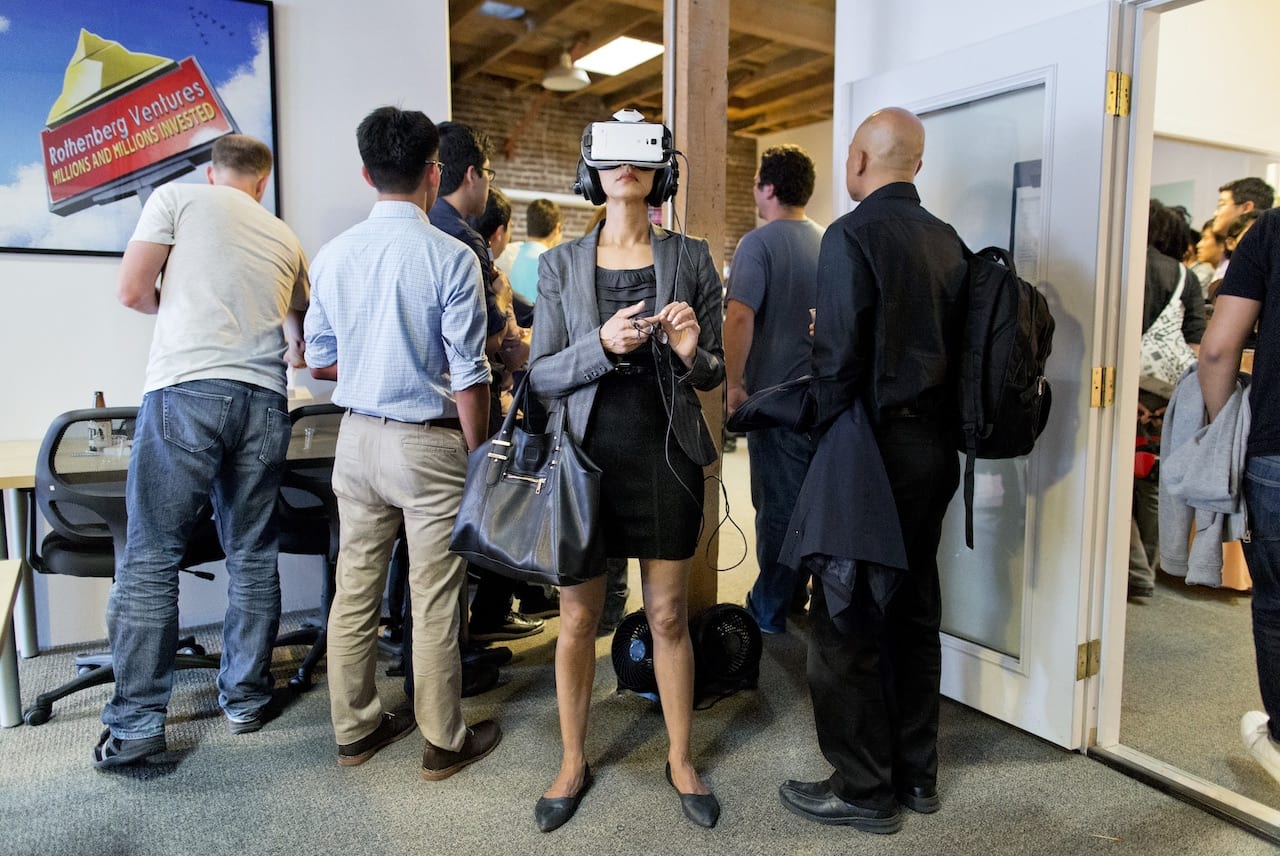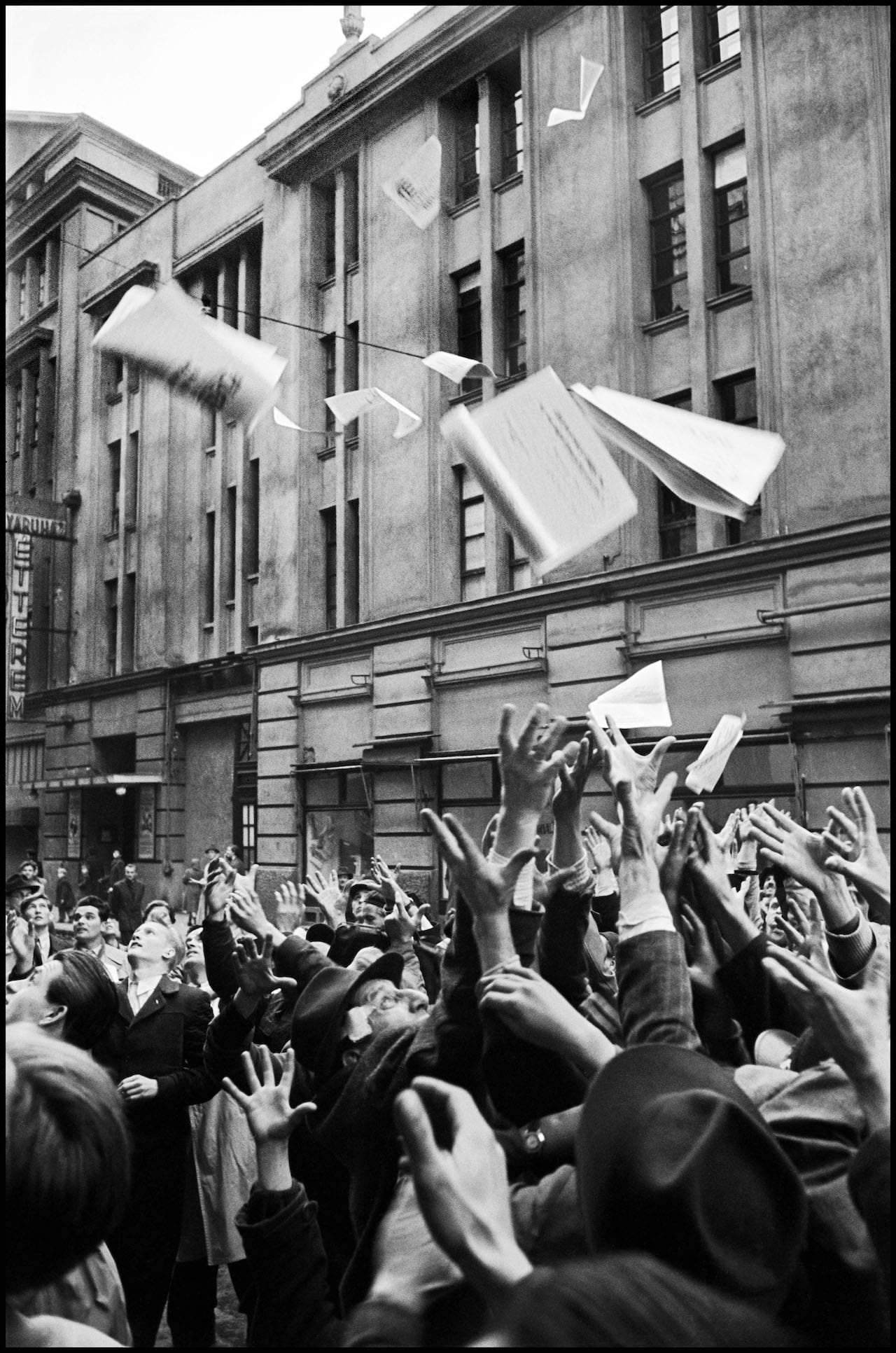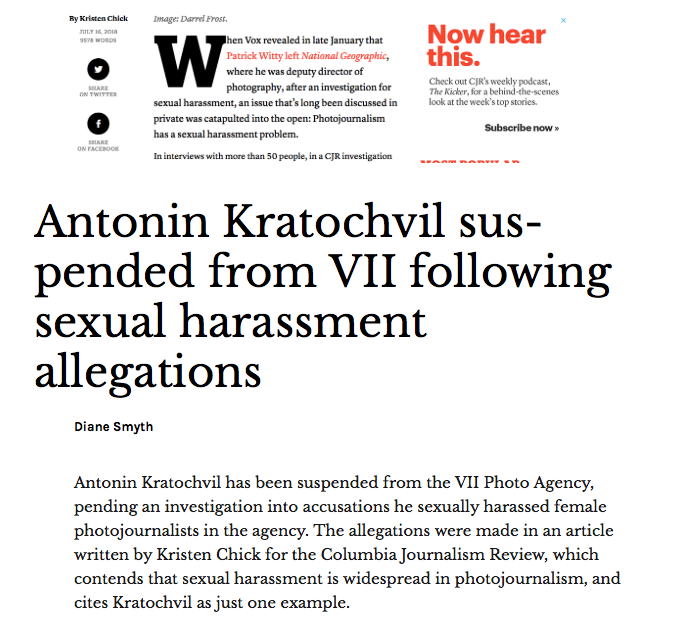“The ethics for me is the backbone of what we do. If we don’t follow strict ethics within our work, I think we are damaging the credibility of the whole of this profession,” says Bénédicte Kurzen, a photographer and member of the prestigious NOOR photography collective since 2012. Now she, and seven other NOOR photographers are putting her words into action, with three masterclasses offered free of charge to budding photojournalists.
Supported by Nikon Europe, the masterclasses are four days long, and each feature three tutors. Kurzen is teaming up with Sanne De Wilde and Francesco Zizola for the masterclass in Turin, held from 12-15 November; Tanya Habjouqa, Sebastian Liste and Kadir van Lohuizen are at the masterclass held in Budapest from 26-29 November; and Tanya Habjouqa, Jon Lowenstein and Léonard Pongo are at the masterclass held in Zürich from 03-06 December.

